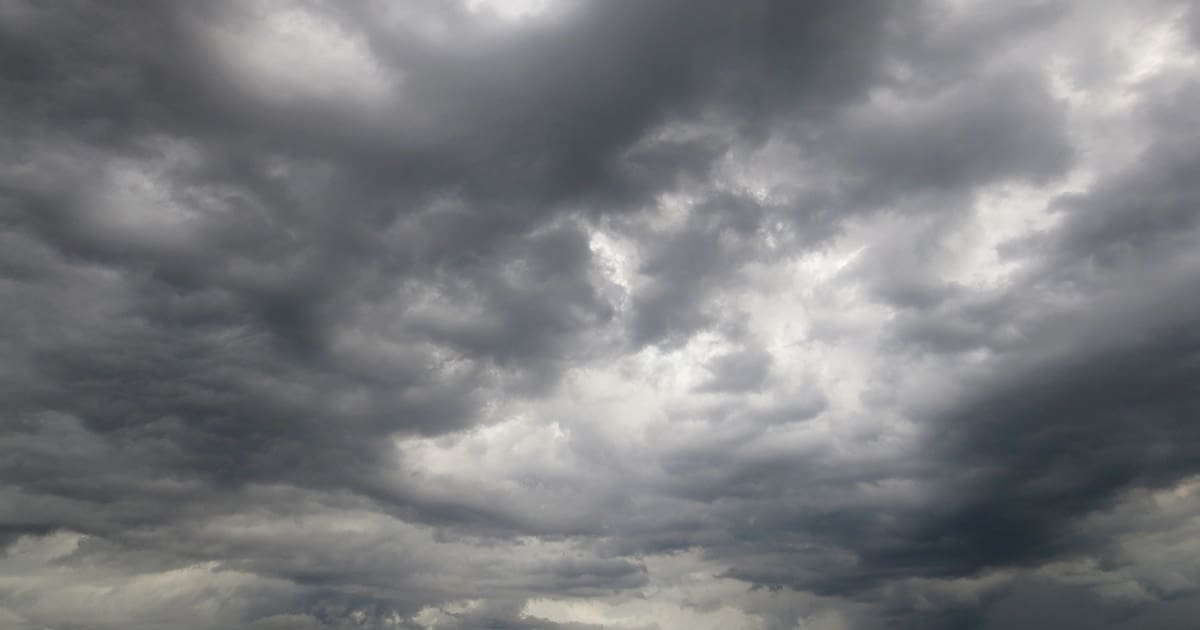The world, in all its intricate and unfathomable complexity, prompts an inquiry into the nature of existence itself. Many individuals have grappled with the phenomenon of unexplained occurrences—events that seem random or capricious, often categorized as “accidents.” However, Bahá’í teachings invite adherents to explore a more profound narrative, one that posits the existence of a Divine Order underlying all facets of life. Consequently, this exploration seeks to illuminate the context in which these so-called accidents happen, revealing a tapestry woven with purpose and unity.
In examining the question—are there any accidents in this world?—it becomes imperative to define what constitutes an “accident.” Typically, this term evokes images of unforeseen events: mishaps, serendipitous meetings, or unfortunate calamities. Yet, the Bahá’í perspective urges individuals to transcend superficial interpretations and to view all occurrences through the prism of purpose and divine wisdom.
At the heart of Bahá’í doctrine lies the concept of the oneness of humanity, which promulgates the idea that all individuals are interconnected. This interconnectedness extends beyond mere social bonds; it denotes an interdependence that encompasses all aspects of existence—from the cosmic to the individual. Each event, whether joyous or tragic, contributes to the holistic progression of humanity towards a higher state of consciousness. Hence, even events that evoke the notion of randomness are infused with a deeper significance, acting as catalysts for spiritual growth and understanding.
The Bahá’í writings elucidate the principle of Divine Order, positing that the universe is governed by a set of laws created by God. These laws manifest through various means, including natural phenomena, human actions, and divine interventions. An essential tenet of this belief is that nothing occurs outside of this divine framework; thus, even events that may appear accidental serve a purpose within the grand scheme of existence.
Consider, for instance, the occurrence of natural disasters. While these events elicit fear, destruction, and loss, they also have the potential to bring communities together, galvanizing them towards mutual aid and reconstruction. Such occurrences serve as poignant reminders of human vulnerability and interdependence, prompting a reevaluation of priorities and values. The Bahá’í view encapsulates this cycle of crisis and recovery, presenting it as integral to the elevation of the human spirit.
Furthermore, the Bahá’í teachings emphasize the role of free will in navigating the labyrinth of existence. Individuals possess the capacity to make choices, and these choices invariably shape the trajectory of their lives. Yet, the framework within which these choices operate is not arbitrary; rather, it is informed by the observance of divine laws and principles that govern ethical and moral behavior. Consequently, each decision holds potential far beyond the immediate time and space, echoing through the continuum of existence. In this light, what may seem like a random act of kindness or a moment of serendipity takes on new weight, as it contributes to the collective evolution of humanity.
The concept of pre-existence adds further depth to this dialogue. In the Bahá’í faith, it is believed that souls exist before entering the physical realm, and their experiences and choices prior to incarnation influence their earthly existence. This belief posits that events occurring in an individual’s life carry with them echoes of past choices, thereby challenging the idea of randomness. Instead, each life is viewed as a continuum, intertwined with the past while unfolding within the present and bearing implications for the future.
Digging deeper, we arrive at the notion of providence. The Bahá’í writings assert that Divine Providence orchestrates events in a way that aligns with the progress of humanity’s collective consciousness. This perspective invites adherents to consider the broader implications of their experiences, viewing trials as opportunities for growth, reflection, and renewed purpose. Events categorized as misfortunes, then, can be seen as divine invitations for reconsideration, prompting introspection and the pursuit of moral excellence.
Moreover, the Bahá’í teachings emphasize a vision of unity that transcends individual strife. In this vision, diverse experiences—both joyous and sorrowful—serve to unify rather than divide. While it is common to dwell on the notion of accidents leading to individual crisis, the Bahá’í faith urges followers to recognize the potential for collective transcendence. This perspective reshapes the narrative surrounding adversity, asserting that such experiences can galvanize individuals and communities in their quest for unity and harmony.
Ultimately, the profound inquiry into whether accidents exist within the framework of divine order leads to the realization that every occurrence, regardless of its nature, is imbued with intention. The interplay between free will, divine providence, and collective human experience comprises a complex system that defies simplistic categorization. The Bahá’í perspective enriches our understanding of existence, offering a lens through which to view life’s myriad experiences as integral components of a grander narrative.
In conclusion, the Bahá’í teachings beckon individuals to reconsider their perception of existence, challenging them to navigate the complexities of life with an appreciation for the underlying divine order. By fostering a deepened understanding of interconnectedness, free will, and providence, followers are invited to embrace the entirety of their experiences—seeing every occurrence as an essential thread in the intricate tapestry of life.
